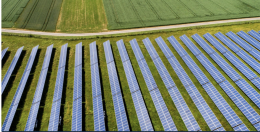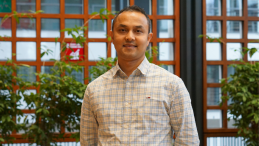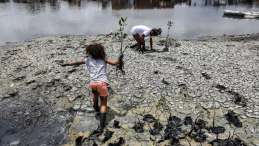Water security is defined by UN-Water as:
The capacity of a population to safeguard sustainable access to adequate quantities of and acceptable quality water for sustaining livelihoods, human well-being, and socio-economic development, for ensuring protection against water-borne pollution and water-related disasters, and for preserving ecosystems in a climate of peace and political stability.
This definition reflects the multi-dimensional nature of water security, but it does not explain how to quantify it and make it operational. Operationalizing water security requires development of meaningful metrics and indicators that can measure its various components, at different scales in various physiographic and socio-political contexts. Despite numerous research projects at a range of scales and geography, uptake of water security research into policy has been limited. The project aims to fill this gap and focus on developing ways operationalize water security concept at a regional, global and geographically specific scale, building on work already undertaken by UNU-INWEH and regional organizations such as the Asian Development Bank.
This project will provide clear metrics for a limited number of essential components of water security and will test these approaches in different regions of the Global South. UNU-INWEH has already undertaken one such (preliminary) assessment for Africa. The principles and lessons from this assessment will be expanded to other regions (e.g. LAC), and geographies (e.g. SIDS). A collaboration with the Asian Development Bank will be sought to replicate UNU-INWEH’s approach to countries of the AP region and compare the results with ADB water security outlook. The approach developed for assessment of water security in Africa will also be enhanced and the feedback from national policy actors in Africa for such an improvement will be collected and analyzed.
Finally, this project will provide a complete picture of water security across the Global South. Using publicly available data sets, many of which complement in the SDG 6 reporting process, this project will highlight progress and failures in achieving a water-secure world. We will provide the water security assessments to targeted policy actors including national, regional and global bodies including government agencies, development organizations and banks, and our UN partners. During the development of each assessment, we will organize individual and group regional consultations, primarily using online tools, to discuss the local applicability and relevance of the metrics and selected indicators.
This project will support Canada’s Feminist International Assistance Policy with the incorporation of SDG6-relevant, specific indicators with gender-focused outcomes, including water supply, sanitation and health.
Another dimension of this project is its exploration of the links between water security and energy security, specifically hydropower. Aging infrastructure and future expansion of hydropower could create additional sources of water stress and insecurity, or if carefully managed, the linkage between water storage and energy storage, in the form of hydropower, could solve two problems. There are direct links between hydropower and a number of water security indicators, including: total renewable water resources; water storage per capita; and water dependency. The project will seek to identify metrics for such dependencies and highlight overlapping geographic strengths and weaknesses through the development of regional and global hydropower data sets and hydropower attributes that can be directly linked to water security indicators.




